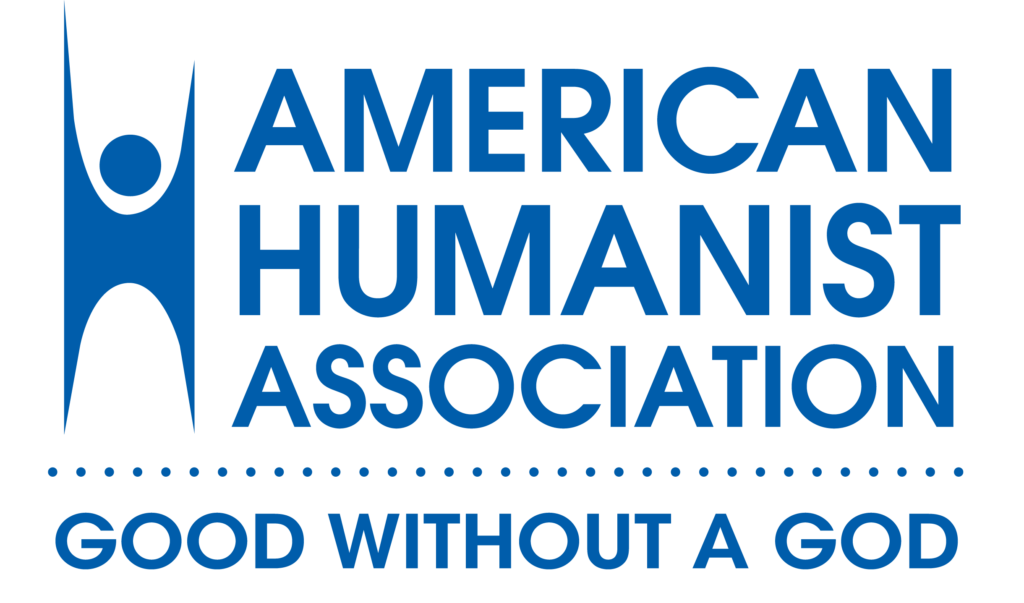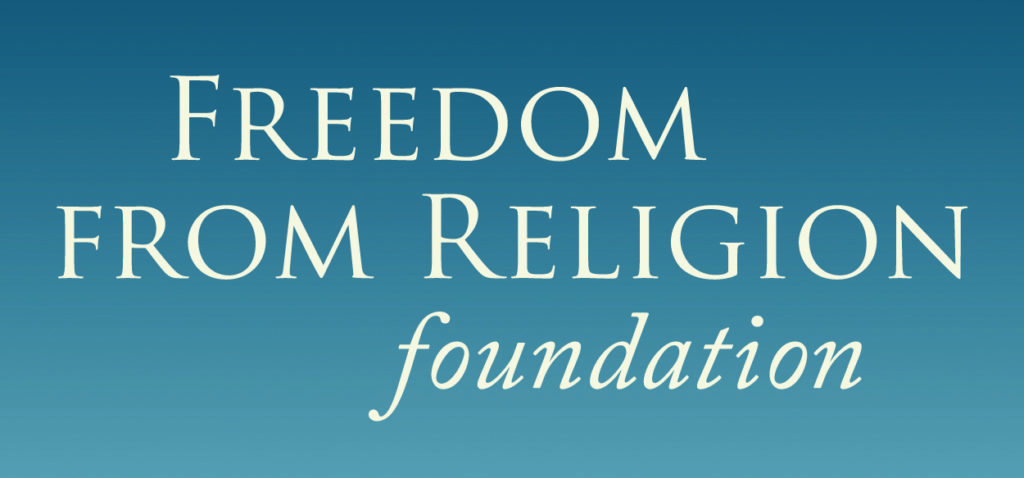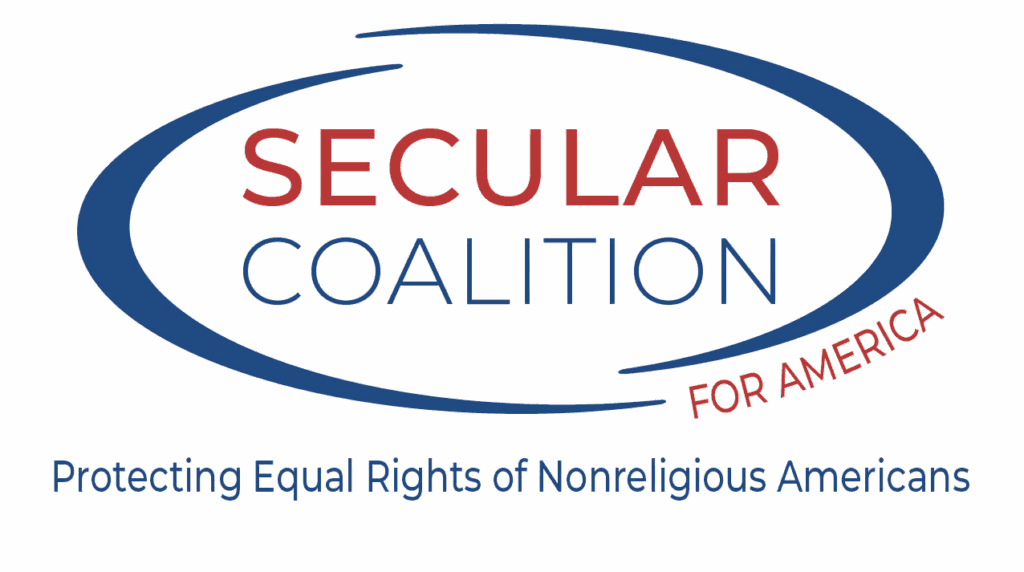Before the OPM memo gets to specific situations, it offers this summary: “Employees must be allowed to engage in private religious expression in work areas to the same extent that they may engage in nonreligious private expression. Agencies may, however, reasonably regulate the time, place and manner of all employee speech, provided such regulations do not discriminate based on content or viewpoint (including religious viewpoints). Agencies may require that employees perform official work while on duty, as opposed to engaging in personal religious observances.”
In keeping with Supreme Court decisions, humanist, atheist, and agnostic beliefs should be treated in the same way as theistic religious beliefs. Here are the five bullet points in the OPM memo:
“Categories of employee conduct that should not result in a disciplinary or corrective action include but are not limited to:”
- Display and Use of Items Used for Religious Purposes or Religious Icons: Employees should be permitted to display and use items used for religious purposes or icons of a religiously significant nature, including but not limited to bibles, artwork, jewelry, posters displaying religious messages, and other indications of religion (such as crosses, crucifixes and mezuzahs) on their desks, on their person, and in their assigned workspaces. An agency may restrict all posters, but an agency may not single out religious posters, such as those of a crucifix, a Bible verse, or a Star of David, for harsher treatment.
- Expressions By Groups of Federal Employees: Agencies should allow one or more employees to engage in individual or communal religious expressions in both formal and informal settings alone or with fellow employees, so long as such expressions do not occur during on-duty time. Agencies should not restrict such expressions based merely on hypothetical or potential concerns.
- Conversations Between Federal Employees: Employees may engage in conversations regarding religious topics with fellow employees, including attempting to persuade others of the correctness of their own religious views, provided that such efforts are not harassing in nature. Employees may also encourage their coworkers to participate in religious expressions of faith, such as prayer, to the same extent that they would be permitted to encourage coworkers to participate in other personal activities. The constitutional rights of supervisors to engage in such conversations should not be distinguished from non-supervisory employees by the nature of their supervisory roles. However, unwillingness to engage in such conversations may not be the basis of workplace discipline.
Examples: During a break, an employee may engage another in polite discussion of why his faith is correct and why the non-adherent should re-think his religious beliefs. However, if the nonadherent requests such attempts to stop, the employee should honor the request. On a bulletin board meant for personal announcements, a supervisor may post a handwritten note inviting each of his employees to attend an Easter service at his church.
Comment: This says supervisors are just as entitled to proselytize as everyone else. If you ask a coworker or supervisor to stop, they are supposed to stop. Harassment is the bar at which these conversations are supposed to terminate. We believe that the OPM memo sets that bar far too high. Harassment is very difficult to prove. If you believe a conversation has escalated to harassment you should immediately make notes about it in case you file a complaint. Most everyone now has a phone that could record such a conversation but you should consult state laws and federal government policy about recording a conversation.
It seems most likely that nonbelievers will be the target of proselytizing efforts, not people who have religious beliefs that happen to be different. It might help, depending on your office status and office culture, to let people know in advance that you are not open to efforts to convert you to anyone’s religious beliefs.
- Expressions Among or Directed at Members of the Public: An employee’s fundamental rights, as a private citizen, of personal religious expression are not limited by the venue or hearer, or merely because the employee is a government employee, and therefore may not be suppressed due to the religious nature of the expression. However, when public employees make statements pursuant to their official duties, they are not speaking as citizens for First
Amendment purposes, and the Constitution does not insulate their communications from employer discipline.
Examples:
- A park ranger leading a tour through a national park may join her tour group in prayer. • A doctor at a Veterans Affairs (VA) hospital may pray over his patient for her recovery.
Comment: As a citizen, you can of course ask your VA doctor or any other federal employee not to pray over you or with you. If they persist you can ask for their supervisor and make the case that the employee must have something more important to do. These examples seem to contradict the “only on a break” restrictions cited for employee-to-employee religious discussions, a contradiction that should be explained.
- Expressions in Areas Accessible to the Public: An employee’s ability to make religious expressions in their personal capacities in areas accessible to the public should be treated in the same manner as if those expressions are made in areas inaccessible to the public as their rights to free expression are not limited upon entering a public facility.
Examples:
- A security guard stationed at the front desk of a federal office building may display and use a crucifix, Bible, or use rosary beads.
- A receptionist in a doctor’s office at a VA Medical Center may pray with a coworker in the patients’ waiting area.
Comment: If workers are praying in a patients’ waiting area or any other waiting area in a federal building, you could ask if they are on a break and, if so, whether there is a more private or less public location where they could pray.




